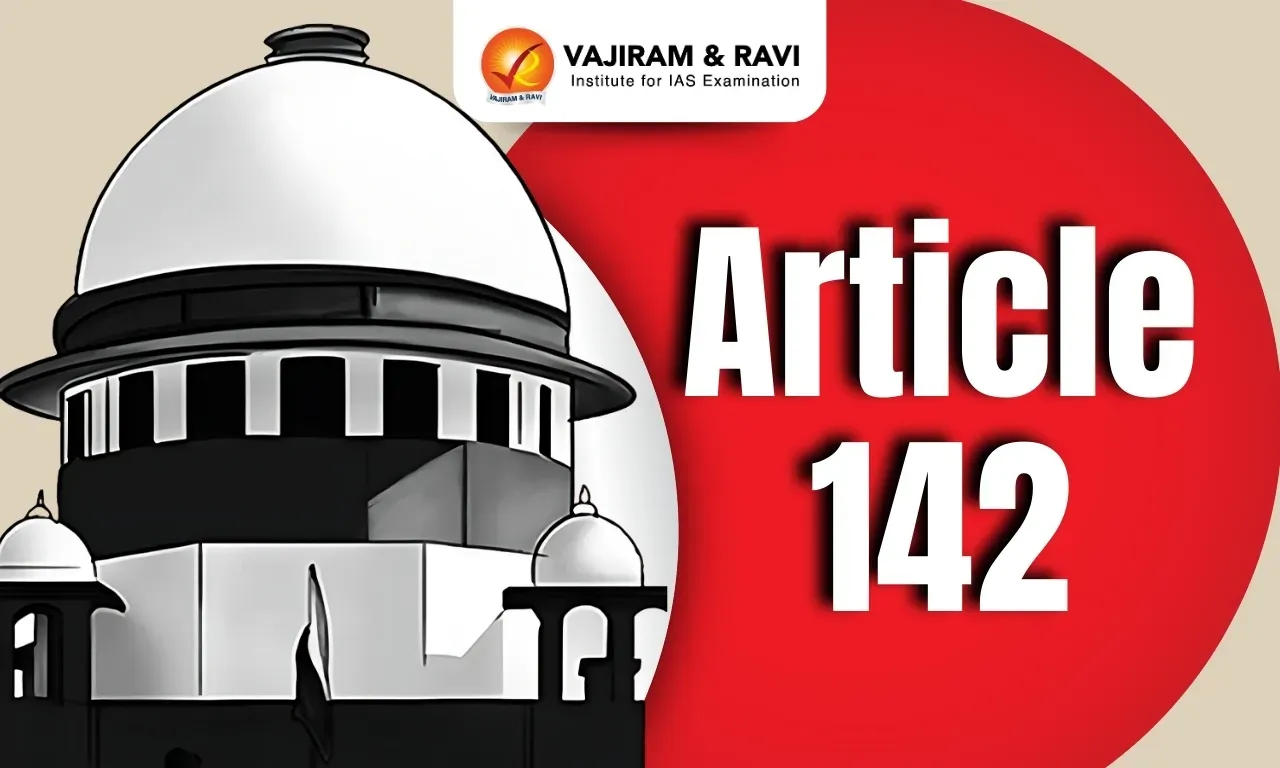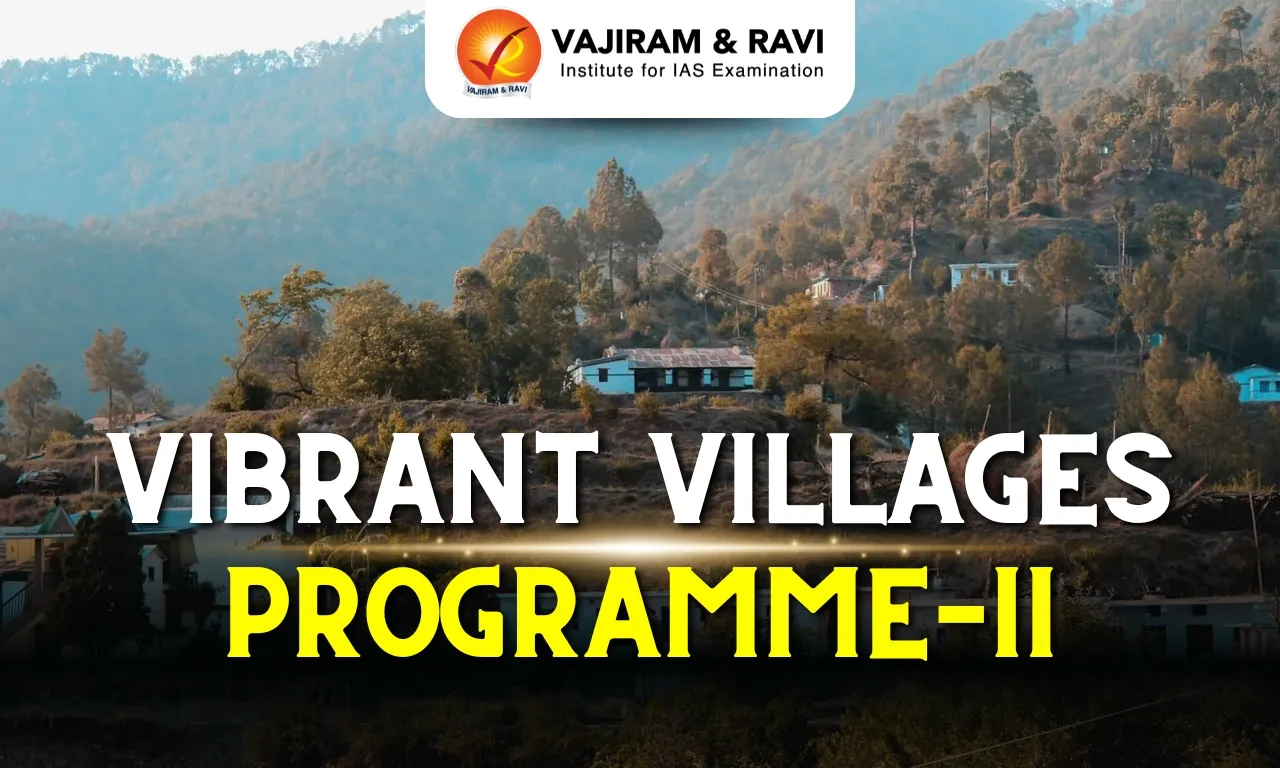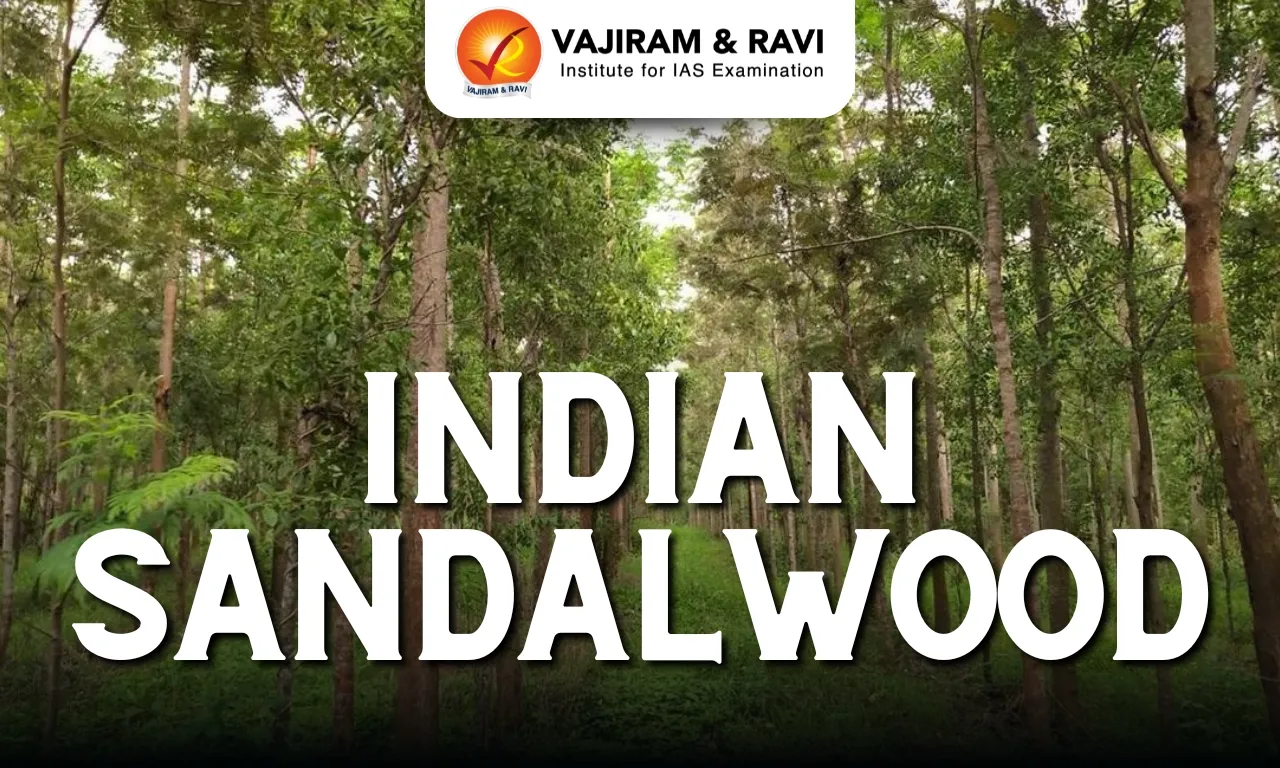Article 142 Latest News
Recently, the Vice-President criticized Article 142 as a “nuclear missile against democratic forces”, especially after its use in the Tamil Nadu Governor’s case.
What is Article 142?
- Article 142 empowers the Supreme Court to pass any order or decree necessary for complete justice in any pending case before it. This power is discretionary and unique to the apex court.
- The concept of complete justice means ensuring justice beyond technicalities by filling legislative gaps, and interpreting or even overriding laws when necessary to protect constitutional values, fundamental rights, and social welfare.
- The framers of the Constitution, especially Dr. B.R. Ambedkar, intentionally entrusted this extraordinary power only to the Supreme Court. The jurisprudence under Article 142 has developed over 50+ years, with the Court maintaining self-imposed limits.
- Article 142 elevates the Supreme Court’s role as the guardian of the Constitution, enabling it to intervene in cases involving public interest, human rights, or democratic breakdown, ensuring justice where legislative or executive action is lacking.
- The Article strengthens democracy by protecting the rights of minorities, ensuring equal treatment before the law, and acting as a check on executive and legislative overreach.
- Article 142 promotes judicial innovation by allowing the Court to create guidelines and direct government authorities, especially in cases involving public interest and constitutional values.
- The lack of a clear definition of “complete justice” can lead to subjectivity, inconsistent rulings, and unaccountable discretion. This raises concerns under the basic structure doctrine, particularly the separation of powers.
Source: IE
Last updated on February, 2026
→ UPSC Notification 2026 is now out on the official website at upsconline.nic.in.
→ UPSC IFoS Notification 2026 is now out on the official website at upsconline.nic.in.
→ UPSC Calendar 2026 has been released.
→ UPSC Final Result 2025 is expected to be released in the second week of April 2026.
→ Check out the latest UPSC Syllabus 2026 here.
→ Join Vajiram & Ravi’s Interview Guidance Programme for expert help to crack your final UPSC stage.
→ UPSC Mains Result 2025 is now out.
→ UPSC Prelims 2026 will be conducted on 24th May, 2026 & UPSC Mains 2026 will be conducted on 21st August 2026.
→ The UPSC Selection Process is of 3 stages-Prelims, Mains and Interview.
→ Prepare effectively with Vajiram & Ravi’s UPSC Prelims Test Series 2026 featuring full-length mock tests, detailed solutions, and performance analysis.
→ Enroll in Vajiram & Ravi’s UPSC Mains Test Series 2026 for structured answer writing practice, expert evaluation, and exam-oriented feedback.
→ Join Vajiram & Ravi’s Best UPSC Mentorship Program for personalized guidance, strategy planning, and one-to-one support from experienced mentors.
→ Check UPSC Marksheet 2024 Here.
→ UPSC Toppers List 2024 is released now. Shakti Dubey is UPSC AIR 1 2024 Topper.
→ Also check Best UPSC Coaching in India
Article 142 FAQs
Q1. What is Article 142?+
Q2. Why is Article 142 considered unique?+
Q3. Can Article 142 override existing laws?+
Tags: Article 142 Article 142 upsc




















